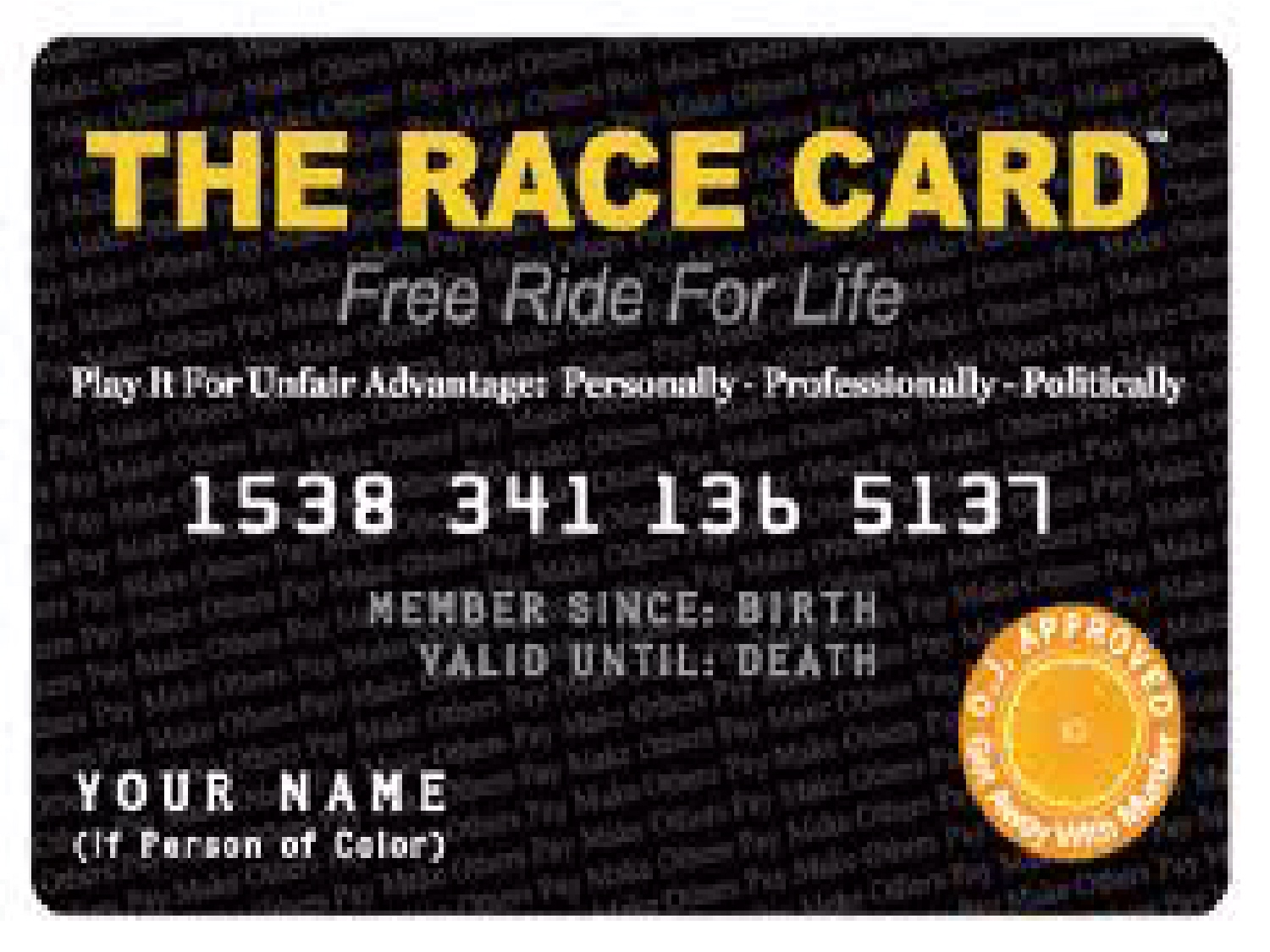Really love the lack of facts you have here.
Blond hair is exclusively European, meaning any other group that possess that trait is PART European.
The hair is wavy, a trait found most commonly in Northern Europe or Europe. It is not kinky like Negro hair or curly like Hamitic hair.
The hook nose looks fairly European, although albeit not Nordic. It likely is a result of some admixture.
Reply ↓
There is pictorial proof of every assertion made, and, as they say, "a picture is worth a thousand words." Do yo have anything to back your claims- picture or otherwise? Is there any link, any article, any dictionary or lexicon which you can use to back up even one thing that you have written? I dare you to try to find even one, and provide it here.
Reply ↓
I can offer you GREAT proof. In fact, you can check it out for yourself. If the Ancient Egyptians were Blacks, why hasn't another great nog empire risen up in it's place? Why do nogs have the lowest IQ if they are the founders of such a great civilization? Why can they not manage their own countries in Africa, even with foreign aid? Why do they commit the vast majority of crimes in all countries they inhabit?
Surely the Egyptians weren't at this disgustingly low level.






